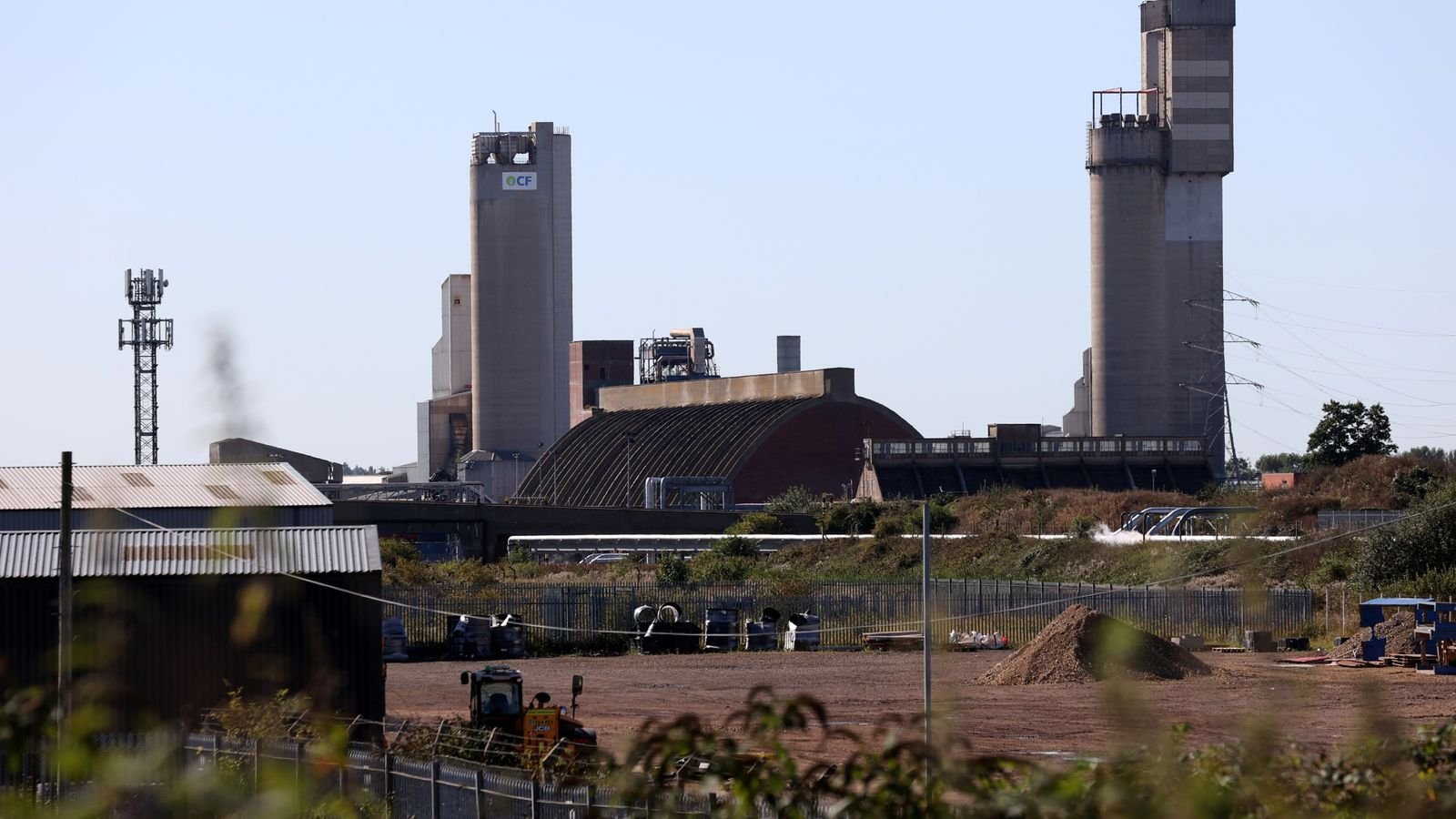HIGHLIGHTS
- Fertilizer plants are closed in a row, causing the supply of CO2 to dry up
- Many factories producing meat and drink to stop working due to lack of CO2
- The UK authorities have now extended emergency support measures to prevent shortages of meat products
FULL ARTICLE
Many factories supplying CO2 stopped working
Gas prices in Europe in general as well as in the UK in particular, are witnessing a galloping escalation in recent weeks. Analysts warn gas prices will continue to rise as winter approaches, with gas inventories at record lows.
On September 17, Yara International, one of the world’s largest fertilizer manufacturers from Norway, said it would reduce production at some facilities in the UK and European Union countries as record gas prices are eroding the profitability of ammonia production. Ammonia, produced by mixing nitrogen gas with hydrogen from natural gas, is an essential component of ammonium nitrate and urea fertilizers.
On September 15, CF Industries, a fertilizer corporation from the US, also announced that it was forced to stop working at two ammonium nitrate fertilizer factories in the UK for the same reason.

With the continuous closure of fertilizer plants, the UK is forecast to be the most severely affected country because two CF Industries fertilizer plants provide 60% of this country’s CO2 output.
CO2 scarcity causes food and beverage production disruption
CO2 has an important role to suffocate animals before slaughter at the stage in food production plants. Beer and beverage companies across Europe are also worried because CO2 combines with flavorings in carbonated soft drinks to create a characteristic sour taste for their products. Their production could be halted because of the scarcity CO2. In addition, CO2 is also used to package foods such as meat and salads on store shelves longer.
This shortage problem is exacerbated when supply chains in the UK are broken due to a lack of truck drivers because CO2 is commonly used for dry ice used to transport frozen goods.
Ian Wright, CEO of the British Food and Beverage Association, expressed concern that: “Consumers could face fewer food and beverage choices on supermarket shelves if supply of CO2 does not recover quickly”. Meanwhile, Francois Sonneville, an analyst at Rabobank, said that brewers have begun to limit output due to low profits.
Meat industry representatives warn that when CO2 stocks are depleted in about two weeks, companies will have to stop accepting livestock and close production lines, causing the burden of the cost of maintaining the herd will fall on the shoulders of farmers, even forcing them to cull livestock.

The UK authorities have now extended emergency support measures to prevent shortages of meat products and signed an agreement with key supplier CF Industries to restart CO2 plants that have had to close because of rising gas prices.
While waiting for these policies to take effect, there is a warning food manufacturers will need to prepare for the price of CO2 could increase 5 times in the near future, putting great pressure on both businesses and consumers.
Hong Dao
FURTHER READING
UK: Shortage of Christmas goods due to supply chain congestion













